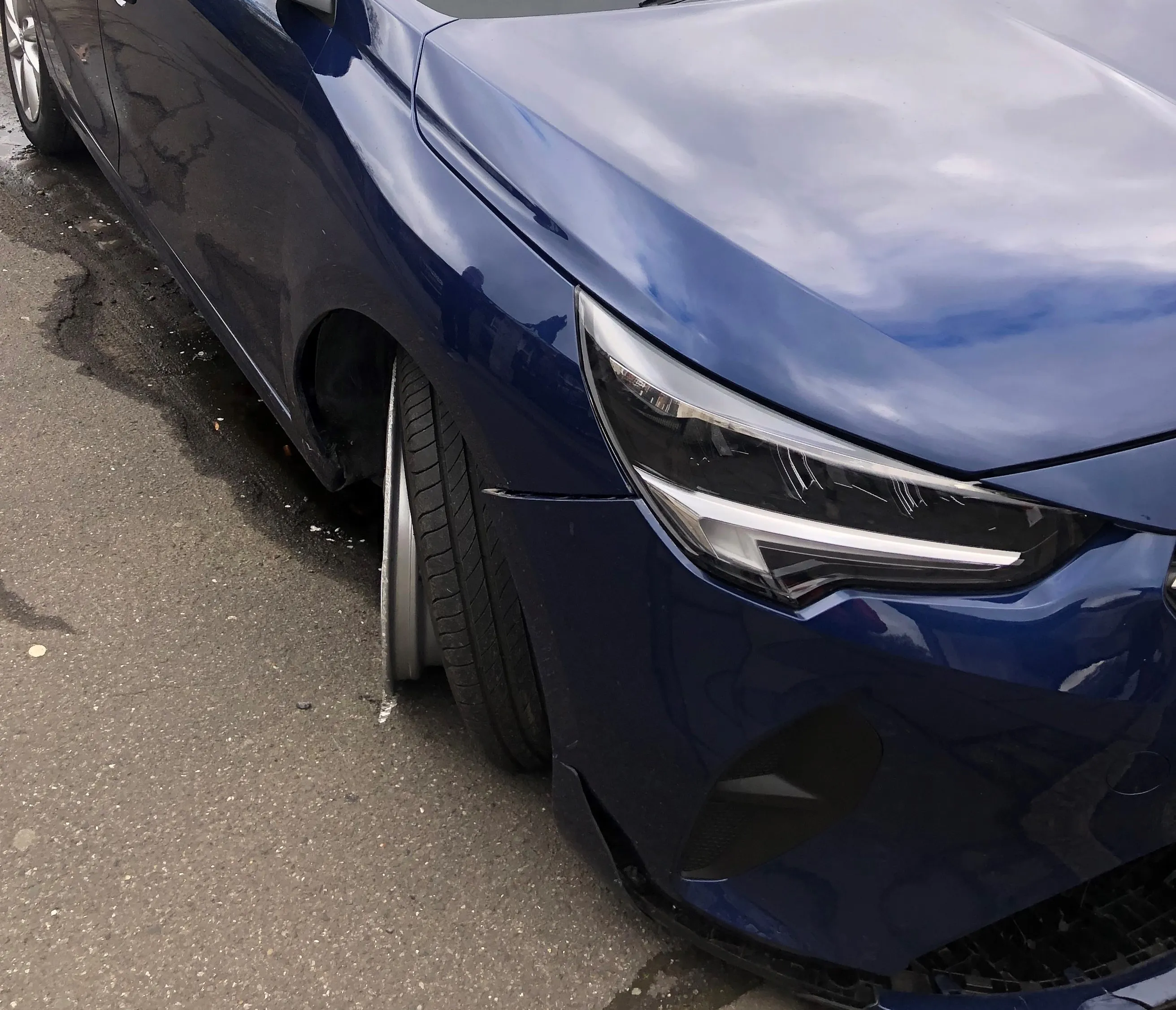New research has revealed that drivers remain under the influence for several hours after smoking cannabis. The research has been carried out in Canada by the Research Institute of the McGill University Health Centre (RI-MUHC) and McGill University, with funding from the Canadian Automobile Association (CAA). It shows that drivers are more at risk of a vehicle crash even five hours after inhaling cannabis.
The clinical trial found that performance declined significantly in key areas such as reaction time. Driving performance was tested in a simulator and showed deterioration as soon as they were exposed to distractions common on the road. The tests showed that abilities continued to be affected even five hours after inhaling the equivalent of less than one typical joint.
“This new trial provides important Canadian evidence that cannabis can affect the skills needed to drive safely even five hours after consuming,” said Jeff Walker, CAA Chief Strategy Officer. “The message is simple. If you consume, don’t drive. Find another way home or stay where you are.”
The researchers tested driving-related performance of young Canadians in a simulated environment, at intervals up to five hours after they had consumed cannabis. Participants were also tested with no cannabis in their system to set a baseline.
The participants showed no significant effects when there were no distractions. However as soon as conditions became more realistic, driving-related performance reduced significantly. In addition, a large percentage of the young drivers reported they did not feel as safe to drive after consuming cannabis, even five hours after use.
“This rigorous experimental trial adds to a growing body of scientific literature on cannabis use and driving,” said Study Co-Author Isabelle Gélinas, a researcher in McGill’s School of Physical and Occupational Therapy. “The findings provide new evidence on the extent to which driving-related performance is compromised following a typical dose of inhaled cannabis, even at five hours after use.”
The peer-reviewed study was published at CMAJ Open, an online sister journal to the Canadian Medical Association Journal.







